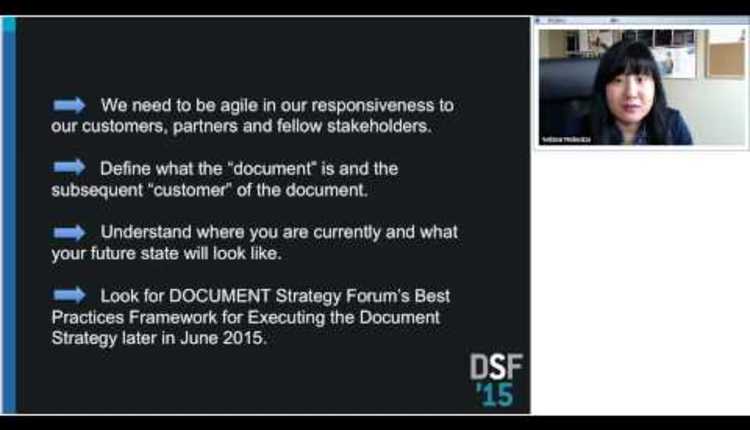According to Forrester's Workforce Technographics US Benchmark survey, Q2 2009, information workers (iWorkers) trust the information and data they find inside their companies almost twice as much as the information and data they find on the Internet. Yet they search the web and their own desktop far more frequently than their corporate intranet because they can more easily find web-based and personally stored information - and it may be more relevant to the task at hand.
Drilling down into the data, Forrester found that enterprise iWorkers are more likely to use a search engine to find internal information. Sixty-six percent of employees at firms with more than 5,000 employees search a company intranet at least weekly, compared to 40% of employees at firms with fewer than 1,000 employees. In addition, iWorkers at large companies are more likely to search online for a co-worker to help with work than those at small companies. However, the number of hours iWorkers spend looking for information, sharing knowledge and collaborating with employees in a typical week does not vary widely by company size. Although they use different mechanisms, iWorkers at firms large and small spend significant time looking for information to fulfill their job function.
Furthermore, Gen X, Gen Y and Boomers all say that it's not easy to find company information. Younger workers are often typecast as multitasking, tech-savvy information savants. So it comes as a surprise that younger iWorkers face the same difficulty as older workers in locating company information. Just 53% of Gen X and Gen Y (age 18-43) respondents and 51% of Boomers (age 44-64) respondents said it is easy to find information they need from company sources.
Even with empowering tools like desktop search and employee intranets, iWorkers can't locate what they need because of a lack in coordinated, enterprise search engine optimization. Companies of all shapes and sizes set aside significant dollars to ensure that customers and prospects can easily find website content. Forrester estimates that search marketing spending will top $32 billion by 2014. But inside the enterprise, enterprise search strategy ranks behind other information management priorities such as consolidating email systems and enterprise collaboration.
Information and knowledge management (I&KM) pros can build a strong argument for senior management to invest in improved access to information because iWorkers would rather have improved findability than other workplace enhancements. Increased attention, head count and technology make sense with survey results that show iWorkers rank finding the information they need as more important to their success than additional software training or being able to work at home.
How to start? Investigate the trustworthiness and accessibility of key information sources across different worker segments. I&KM pros responsible for improving access to information should understand which iWorkers look for what and where their organization stores vital role-based content. If the majority of iWorkers find it easy to get the information they need from desktop search and emails, then critical company content needs to be delivered in that context. If a large number of iWorkers are content readers (as opposed to content creators), then you might market shared bookmarks as a passive way for them to acquire relevant and related content. Rather than focus on the intranet search box as the locus of energy for information access initiatives, I&KM pros should broaden their vision. The enterprise findability problem is far more complex than just intranet search. Frame enterprise search projects using a worker-centered (not repository centered) approach.
LESLIE OWENS [www.forrester.com/workforce09] is an analyst at Forrester Research, serving I&KM professionals. She is a leading expert on enterprise search, classification and controlled vocabularies.














